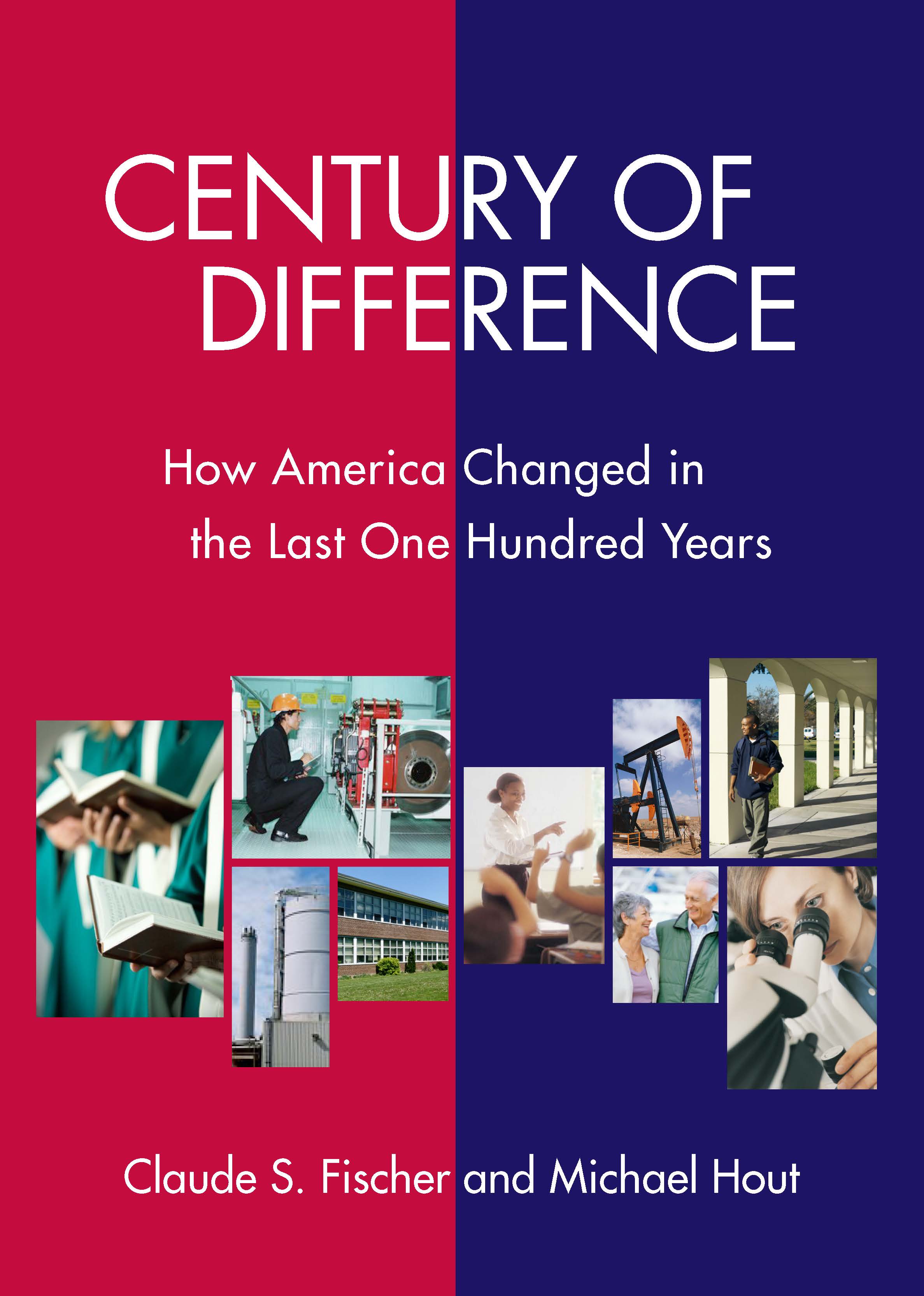
Berkeley’s Sociology Department is known around the world for its excellence in research and teaching. Our faculty advance cutting edge research and teach in most sociological specialities. Our PhDs are leaders in universities and research centers across the US and in many other countries. And our BAs populate the ranks of innumerable professions, bringing with them the skills and special perspective of Berkeley sociology.
We are proud to make these contributions from the world’s leading public university. At Berkeley, we combine intellectual rigor with a commitment to public service through our research, teaching, and service on campus and beyond.
For the past six decades, Berkeley’s Sociology Department has consistently been ranked among the world’s top sociology departments. Our graduate program is ranked #1 in the latest U.S. News and World Report, and our undergrad degree is currently the best in the US according to College Factual and features on Grad Reports’ Best College List 2020.

Prof. Einstein served graduate students as a model of prudence in remaining unfashionably true to the grand…
Departmental Colloquium Series
Mahbubeh Moqadam, "For us, it was not a matter of if , but when": Feminist Friendship Networks and the Fractal Scaling of Women’s Resistance in Iran"
Wednesday, November 12th, 2025 at 2:00 pm - 3:30 pm
Blumer Room - 402 Social Sciences Building and via zoom
Abstract:
In this talk, I argue for the analytical potential of fractality as a framework for understanding the complexities of social movements in today’s deeply digitalized, networked world. Drawing on the case of the 2022 Woman, Life, Freedom movement (WLF) in Iran, I examine how resistance emerges, endures, and transforms through the recursive interplay of sociohistorical trajectories and the intertwined dynamics of the physical and digital realms. I build on social movement studies and transnational feminist thought to trace the diachronic processes that have shaped the emergence of the WLF movement, showing how practices of resistance and the continual reconfiguration of spaces of women’s agency have expanded and evolved since the 1979 Revolution. I introduce the concept of fractal scaling to capture this iterative expansion of resistance across multiple interconnected spatiotemporal arrangements, which ultimately played a crucial role in the emergence of WLF movement. I discuss the implications of this study for understanding how collective action becomes possible under authoritarian rule in today's technologically mediated world.



